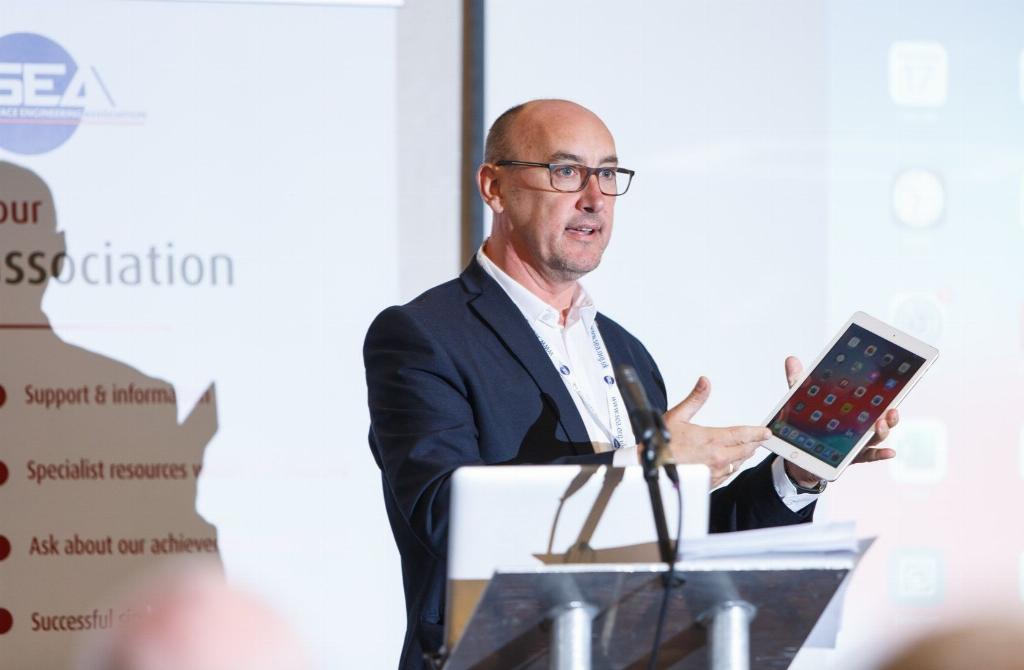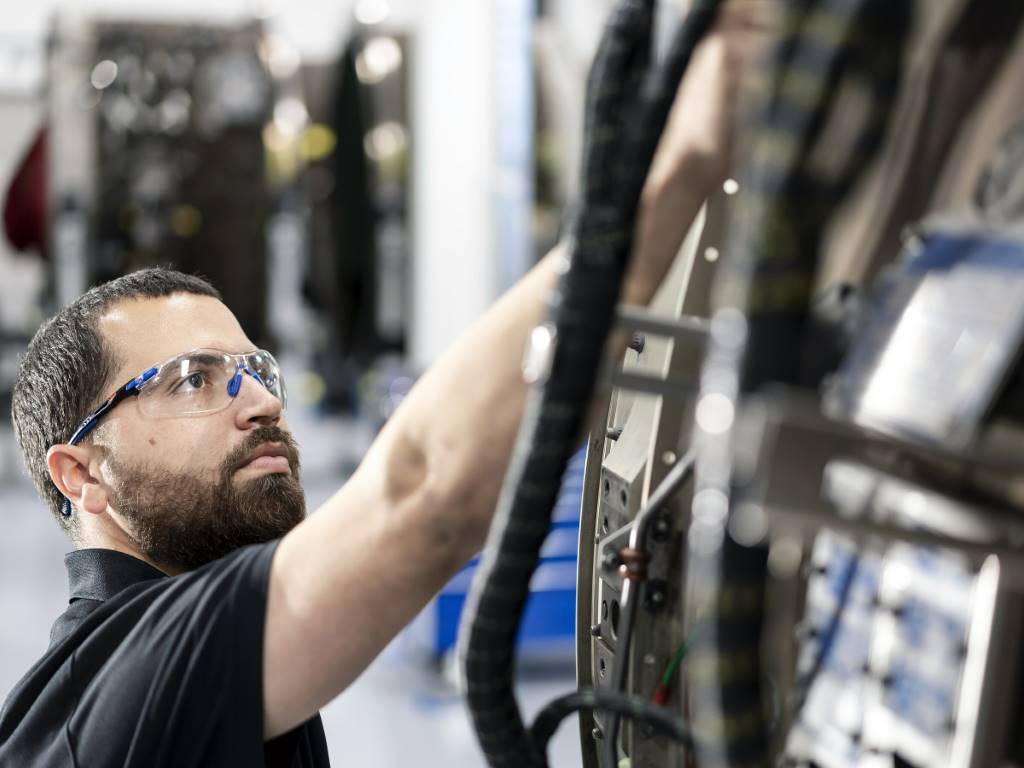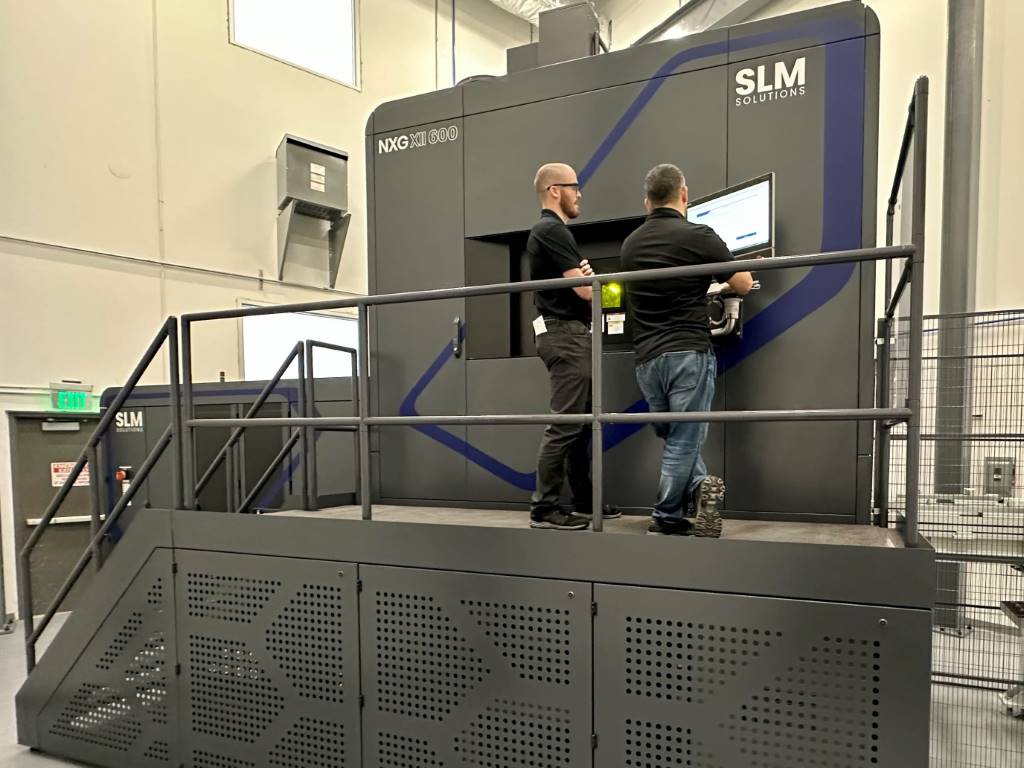More than meets the eye to parts cleaning

Richard Starkey, global industry manager aviation for SAFECHEM runs the rule over modified alcohols, a relative newcomer to aviation component cleaning and degreasing.
Richard Starkey, global industry manager aviation for SAFECHEM runs the rule over modified alcohols, a relative newcomer to aviation component cleaning and degreasing.
Given the extremely high safety standards and critical nature of the aviation industry, high precision cleaning of metal components has always been understood and recognised as a crucial step in the manufacturing process. The failure to clean parts to the required technical cleanliness can have implications that go far beyond pure financial metrics. Insufficiently cleaned components can lead to malfunctions of parts – with potentially fatal consequences.

With much heightened awareness on climate change in the public conscience, the aviation sector has been facing unrelenting demands to implement stringent sustainability protocol and to reduce its carbon footprint. This has also put parts cleaning under much closer scrutiny internally. Whereas plant managers or senior engineers had virtually full rein to make decisions related to metal cleaning some two or three decades ago, department managers of sustainability, compliance, and health and safety are now given a much more substantial voice in the evaluation process.
In view of the many alternative cleaning options available in the market, alongside solvents as the traditional cleaning media, some sustainability or compliance managers might argue that there is no longer a need to grant approval to solvent usage. The fact is that not all products are created equal. There are often detectable differences in the cleaning quality, result consistency and ease of process control. An unwittingly simplified view in the consideration and selection of a cleaning agent could run the risk of diluting the criticality of precision parts cleaning, which ultimately underpins safety.
Responsible cleaning approach
The decision on the right cleaning solution has to be made in view of the technical requirements, albeit it must not (and need not) come at a cost of the environment or safety. And this is really where it matters most: it all comes down to whether the solution is being applied responsibly. Every cleaning solution has its environmental impact. Even ‘seemingly’ safer or greener options, such as aqueous cleaning, have environmental impact if you consider the chemical additives required, the relative water and energy consumption, and treatment issue of wastewater.
For decades, vapor degreasing using solvents such as trichloroethylene and perchloroethylene has been delivering reliable and consistent cleaning results for the aviation sector. Their responsible usage in accordance with a prudent risk management approach, including the use of modern closed cleaning equipment, as well as safe solvent delivery, storage and handling in the SAFE-TAINER System, can eliminate concerns about solvent emissions as well as ground contamination.
Modified alcohols: A newcomer
In addition to the long-established usage of trichloroethylene and perchloroethylene in aviation, modified alcohol solvents can represent more than just an alternative. Although less familiar to most, modified alcohols are no less effective in meeting the most discerning cleaning requirements.
Since modified alcohols are synthetically produced, they are remarkably stable. They have both non-polar and polar groups, which means they can effectively clean off non-polar contaminants such as oils and greases just as effectively as certain polar contaminations like cooling emulsions or solids such as salt, particles and abrasives. They are universally compatible with different metal types, have very good drying properties as well as low surface tension (hence good creeping behaviour to get into tight spaces).
In addition, with modified alcohol being a non-halogenated solvent, there are no risks associated with crack detection and embrittlement of titanium or aluminium. This is a huge advantage considering that the only option in the past to avoid this was to adopt water-based systems.
Quality and the environment
When used in closed vacuum vapor degreasing equipment, the safe and sustainable use of modified alcohols is enabled where solvent emissions are virtually eliminated. Used solvent can be continuously distilled and purified within the distillation unit in the closed cleaning machine. Because of the narrow boiling range, modified alcohols can be more easily distilled and separated from contaminants, and hence more effectively recovered during the distillation process.

The reuse of the solvent over multiple cleaning cycles significantly reduces solvent consumption and waste while lowering overall cleaning costs. Through continuous monitoring of the solvent condition and addition of stabilisers, solvent lifespan can be extended still further.
Modified alcohols are particularly suitable for use where high standards of cleanliness are demanded, or where a high material throughput is important. Particularly for subsequent processes that demand high surface tension of the metal surface, such as hardening, non-destructive testing (NDT), coating, or machining, the recycling of the solvent in built-in distillation enables a constant supply of reliably clean solvent to achieve required technical cleanliness.
The ability to wet into and evaporate out of blind holes or crevices makes modified alcohols an effective cleaning agent for tiny or complex component parts. Compared to traditional non-polar solvents, modified alcohols offer a distinct advantage in cleaning off most contaminants and therefore have a much broader application range. As an example, this includes the removal of dye penetrant for NDT inspection from the most complex of components.
Making an informed decision
As the first modified alcohol introduced, DOWCLENE 1601 has already been on the market for more than 25 years and is widely used in other high-value, high-quality manufacturing sectors, ranging from automotive to medical technology all the way to electronics. Normally a trailblazer and an innovator in every regard, aviation is just starting to realise the many benefits modified alcohols can offer, as various primes have started to give official validation and approval.
Not long ago, a quality director of a large corporate who supplies into Airbus and Boeing confided to me that he wished they had switched to modified alcohols years ago, which would have saved them many headaches when trying to ensure a stable and controllable process.
As a supplier of both chlorinated solvents and modified alcohols, we know that both solvent types have their merits and strengths in different applications. What is important is that aviation companies understand the full range of options available so they can make a truly informed decision that balances the competing requirements of cleaning quality, sustainability and environmental protection.












